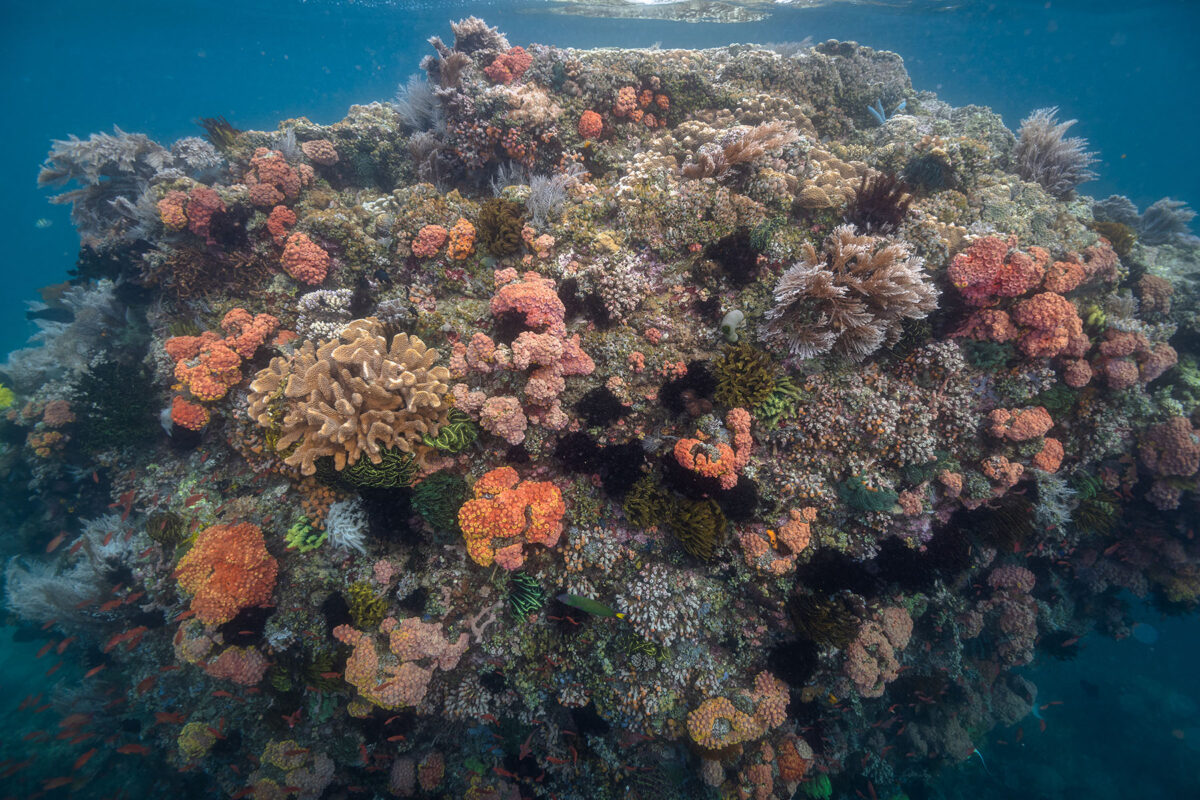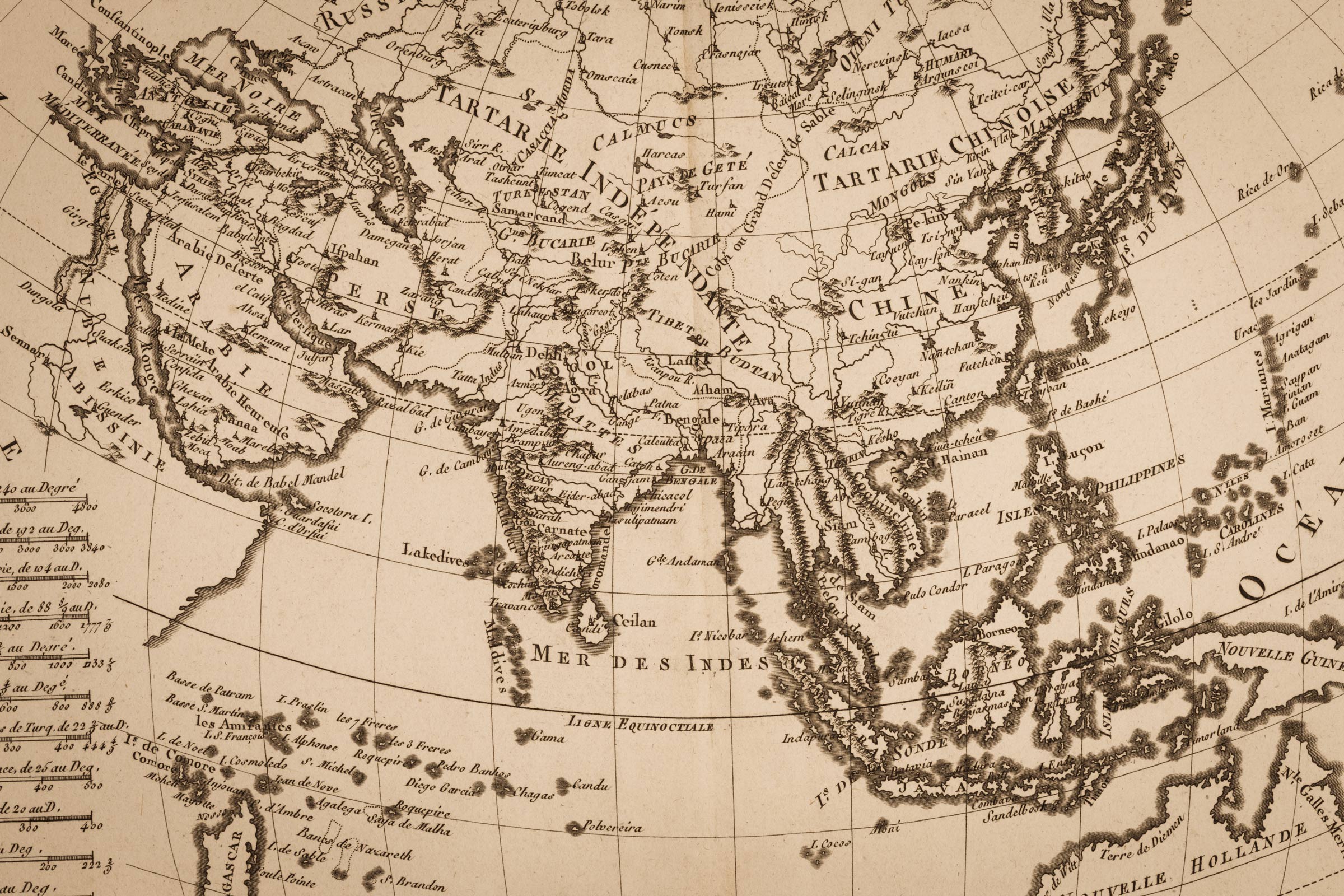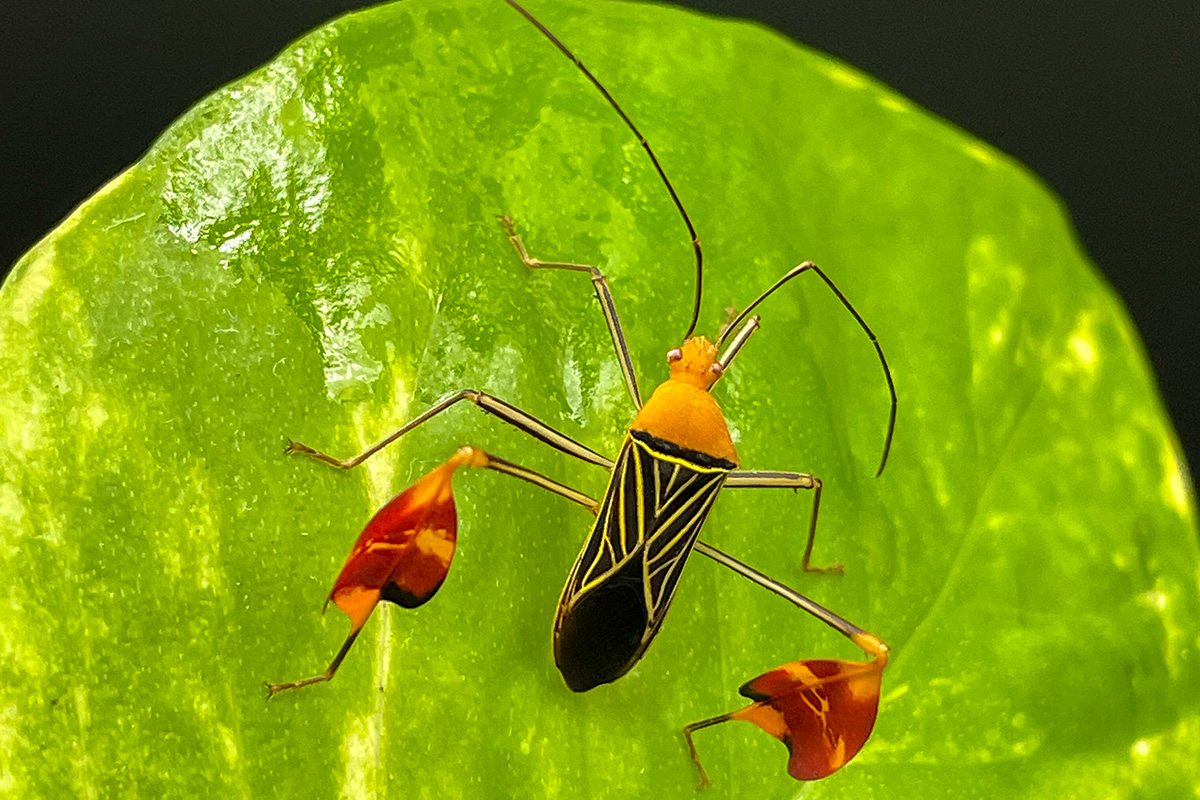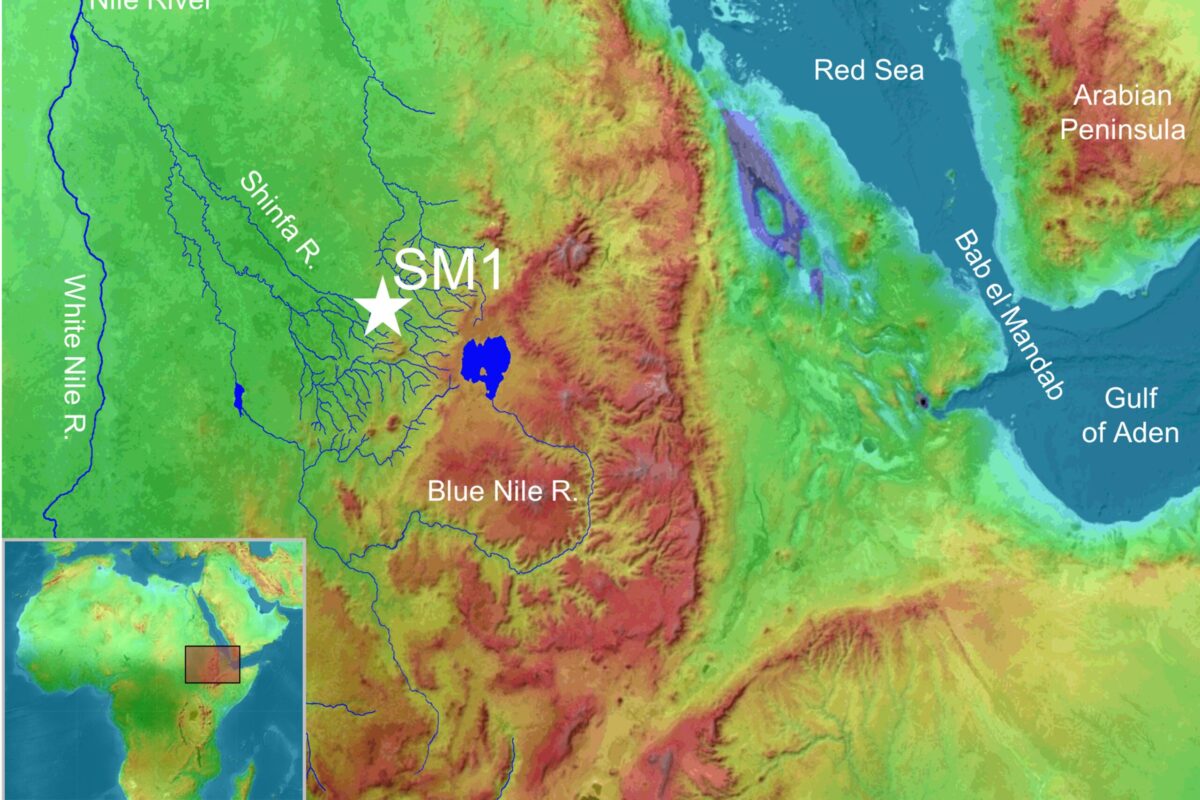Project Explores Fate of Coral Reefs and Related Life
Researchers around the world, including UT Austin's Misha Matz, published a paper which could help predict the future of coral reefs in a changing environment.

An international team of coral experts, including Misha Matz, an associate professor of integrative biology at The University of Texas at Austin, have published a set of urgent research recommendations, related to the ability of coral to respond to rapid environmental change caused by climate change.
In the paper, published today on the cover of Nature Climate Change, the team calls for researchers to focus on a handful of key areas to help predict what will happen to coral reefs as the climate changes, describing how everything from coral parents to genetic traits to changes in the microbiome can contribute to corals' adaptive response.
Coral reef health is of particular concern, as significant mass bleaching has crippled reefs around the world and put into jeopardy whole ocean ecosystems filled with species that depend on reefs. Coral reefs have high ecological and economic value for countless communities but are highly sensitivity to environmental change. Fortunately, Matz argues that reef-building corals may be genetically capable of rapidly adapting to changes in the climate.
"Many people, including professional biologists, do not realize that evolutionary adaptation can occur very quickly when there is enough genetic variety," Matz said. "Although coral reefs are in trouble, this is a promising angle to explore, as corals appear to be well-poised to harbor high genetic variation in their populations."
The paper resulted from a workshop held with 22 top experts in marine biology from 11 institutions in five different countries. Several of the scientists hailed from the Australian Research Council's Centre of Excellence for Coral Reef Studies at James Cook University and King Abdullah University of Science and Technology—two institutions that funded the workshop.
The paper focuses on stony, reef-building corals, calling them "ecosystem engineers," because they form the framework of the reef by providing shelter, food and habitat for countless other living things. The loss of reef-building corals can lead to declines in the diversity and abundance of other reef organisms and ultimately the collapse of the entire ecosystem.
"There is still a lot to understand about corals," said Greg Torda, a postdoctoral research fellow at the ARC Centre. "While our only real chance for their survival is to reverse climate change, a nugget of hope exists – that they may be able to adapt to their changing environment."
The researchers looked at what might improve responses to climate change in reef corals. They also predicted the relative importance of environmental changes to physical characteristics across generations of coral reef species, and discussed the potential of microbes helping to facilitate or set back corals' adaptation to warmer waters.
"It is important to understand that all the microbes—even the algae that live inside its cells—are not necessarily a coral's bosom friends," Matz said. "These microbes' evolution is inherently selfish, and they have to evolve for their own survival under climate change. This process may not necessarily benefit the coral."
The research recommendations all aim to help clarify how coral reefs might adapt or acclimate (respond through non-genetic processes) to environmental change. The concept of animals changing their physical or behavioral traits based on the environment and epigenetics (heritable modifications of DNA other than changes in gene sequence) changes in gene expression from one generation to another are increasingly critical, the researchers say, as the effects of climate change are becoming more apparent in ecosystems around the world.
"The clock is ticking. If we look at the Great Barrier Reef, more than 30 percent of the corals may already be dead," said Manuel Aranda, an associate professor of marine science at King Abdullah University. "Understanding these mechanisms is becoming increasingly important if we want to help these ecosystems. If not now, then when?"



